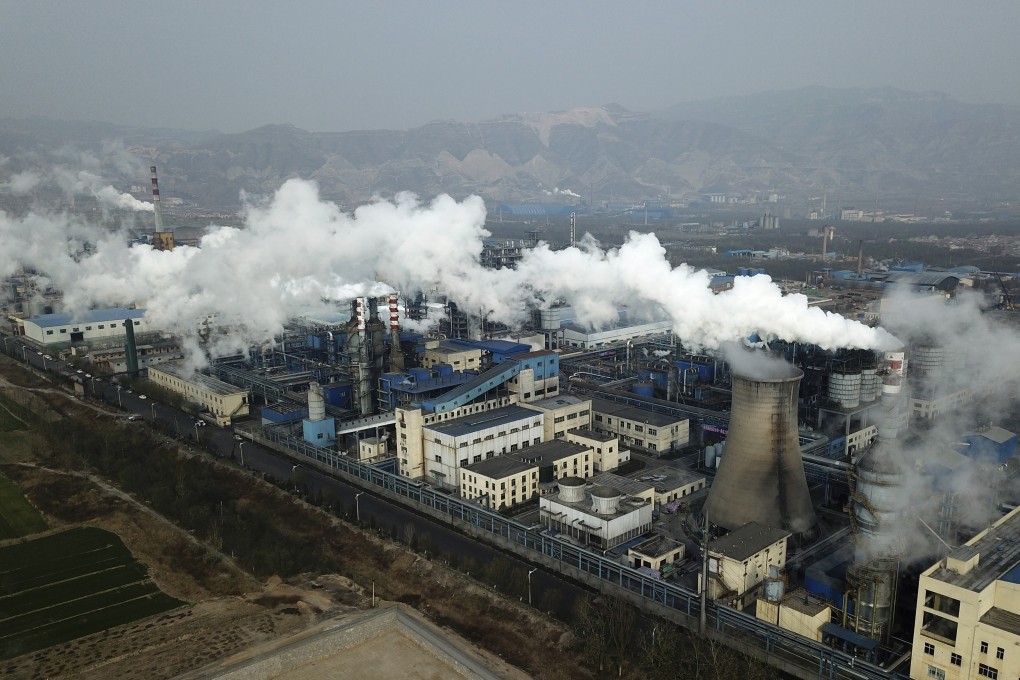Climate change: children in China learn Beijing’s version of the story
- Authorities want students to support green campaigns, but for their activism to stop at lowering their carbon footprints
- Scripted lessons and censorship mean broad acceptance of the dangers of climate change and little impetus to push for more aggressive policies

“Siberian tigers and snow leopards are so cute, but they are dying out,” said the fourth-grade student at one of Beijing’s top public schools. She stopped using the air conditioner in her bedroom and insisted her family used public transport instead of their car for weekend outings.
Gao’s interest in the environment is something the Chinese government is trying to cultivate in young people as it pursues wide-ranging reforms to eliminate its net emissions of carbon dioxide by 2060. But the nation’s state-led approach to climate change is less tolerant of public debate over how it is going to get there. In other words, the authorities want children like Gao to support its green campaigns, but would prefer their activism stop at lowering their own carbon footprints.

“China’s climate education emphasises that responsibility lies with the individual and they can make a difference by living a low-carbon life, but they are not the ones that should influence policymaking,” said Yao Zhe, who specialises in climate communications and has worked with various green organisations in China.